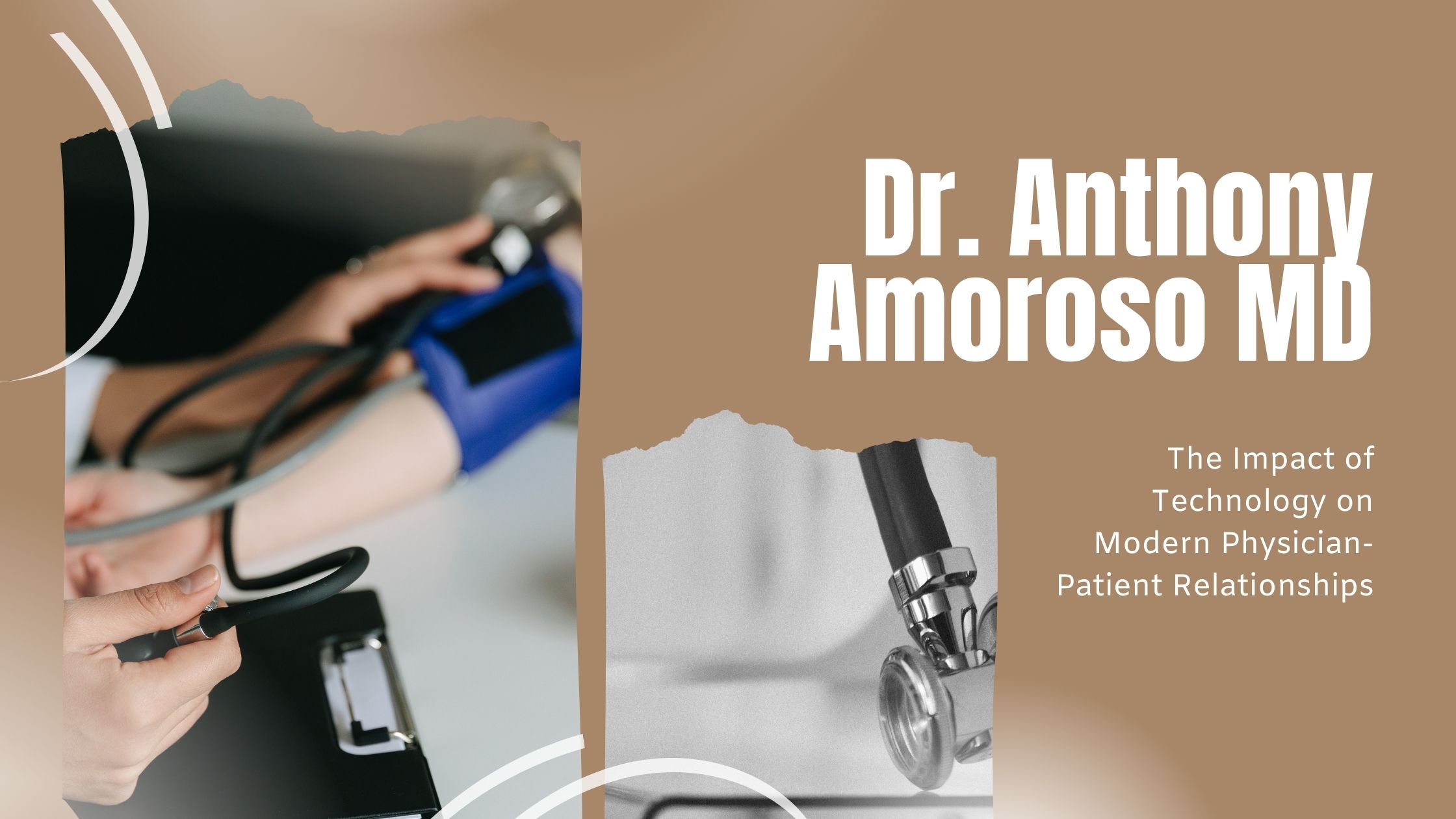Anthony Amoroso MD - The Path to Becoming a Physician Assistant
Working within the healthcare field can be personally and financially rewarding. For those who do not wish to attend medical school, becoming a physician assistant is an attractive alternative. As a PA, you will practice medicine under the supervision of a doctor. PAs perform diagnostic, preventative healthcare, and therapeutic services delegated by their monitoring physicians.
Becoming a physician assistant requires formal educational training, clinical work, and passing a national exam in order to receive a license. Physician assistant programs require at least two years of full-time attendance, so this is not a career to be entered into on a whim. Those who desire less formal training and limited responsibilities within the doctor’s office may want to instead explore becoming a medical assistant.
The first step to becoming a PA is applying to several physician assistant programs and being accepted to at least one. The program should be accredited to provide PA training and it should include a clinical practice component. The student will learn through a combination of classroom study, laboratory work, and clinical practice under the supervision of a doctor. Once the educational program is completed, the individual must sit for and pass the Physician Assistant National Certifying Examination.
Those who pass the exam have completed the majority of the requirements for becoming a physician assistant. They are permitted to use the PA-certified credential and may work as a physician's assistant under a doctor's supervision. To retain the certification, 100 hours of continuing medical education must be completed every two years. In addition, every six years, the PA must pass a re-certifying exam or complete a program that combines formal learning with an at-home exam.
Other PA qualifications include self-motivation, a desire to help patients, and a good bedside manner. You should also be emotionally stable and have the ability to make immediate, logical decisions. There will be emergencies that call for quick thinking using rational thought processes. You also need to be open to lifelong learning because it is a requirement in order to maintain certification. Those who particularly enjoy learning may wish to pursue a formal degree in this field or specialize in a related area. Furthering education in this fashion opens up additional work-related opportunities.
Becoming a PA means different things in different states. State law and the supervising doctor determine the duties of the PA. PAs usually record medical histories examine patients, order and read X-rays and lab tests, make diagnoses, and recommend treatment. They also treat minor injuries, maintain progress notes, and perform therapy. In some cases, they may prescribe specific medications or serve as a healthcare facility manager.
It is clear that this profession requires hard work, dedication, and an ongoing commitment to learning. Whether you work in a primary care environment or specialize in a certain area, the career can be very demanding. It takes a special kind of person to excel in this field, but the reward from helping others makes the ongoing effort worth it.




Comments
Post a Comment